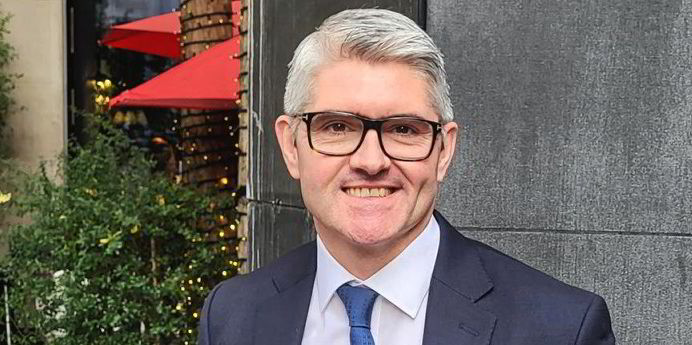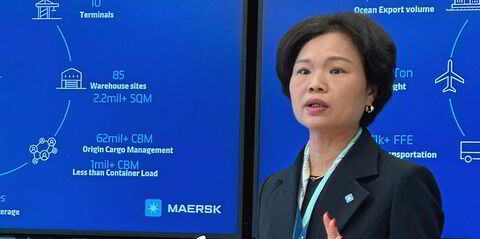London shipbroker Braemar has pinned some of the blame for a big shareholder pay rebellion on former staffers.
At the company’s annual general meeting on Wednesday, the directors’ remuneration report gained backing from just 54.9% of the votes, down from 57% in 2023.
In the past, the company has cited recommendations by proxy shareholder companies as the major reason for the high “no” vote.
“As for the votes against some of the resolutions, a large concentration has been from ex-employees that neither attended the AGM, nor have they expressed the reasons for their choice of voting,” Braemar said on Thursday.
“This is somewhat disappointing,” the company added.
Braemar said the board has also always looked closely at the demographic of votes both for and against all resolutions.
“Since announcing our results we have had very positive meetings with existing and new institutional investors who all understand the strategy and direction that Braemar is taking,” the brokerage added.
“They all agree that the results for the past two years reflect the success of the decisions that we as a team have made,” Braemar said.
Pay fell in last financial year
Directors maintain that the policy of rewarding top brass, as both executives and working brokers, is “clearly in the best interests of all stakeholders of the business”.
“The board still considers that the business is better served by the CEO and COO leading the broking divisions, rather than a non-broking CEO and COO being appointed,” remuneration committee member Elizabeth Gooch said.
The rebellion came as top pay fell at the company.
Chief executive James Gundy received a bonus of £2.35m ($2.99m) in the year to 29 February, down from £2.95m the year before.
Chief operating officer Tris Simmonds banked a bonus of £1.125m, against £1.25m a year earlier.
Gundy’s base salary was £475,000, up from £450,000 year on year. Total remuneration was £2.85m, down from £4.11m the previous year.
Simmonds’ wage rose to £375,000, up from £333,000, for a total of £1.54m, down from £1.6m.
Braemar said base salaries will be frozen for the current year.
The company also reiterated it is still investing in the business.
“We have reduced all of our debt, self-funded all of our recent expansion and now have a stronger register of investors that can support our future plans,” it told TradeWinds.
The brokerage also argues the industry is expecting a lot more from the broking community, including increased information flow before and after deals, higher compliance standards and more legal expertise.
“In a world where technology is a key tool for all operational activity, you must provide a secure and safe environment for your customers,” the company said.
“The days of brokers running a business with little to no support are gone. This is a complex landscape where both geopolitical and environmental factors are affecting day-to-day decision-making more and more,” Braemar added.
“Although shipbroking is not yet a regulated business, the model is moving every day closer to that way of operating. In the long run, this is a good thing for the industry,” the London shop concluded.






